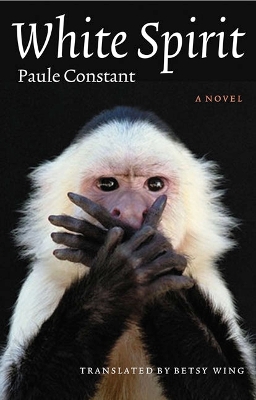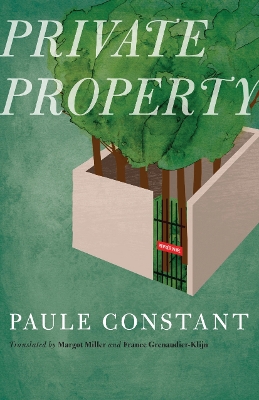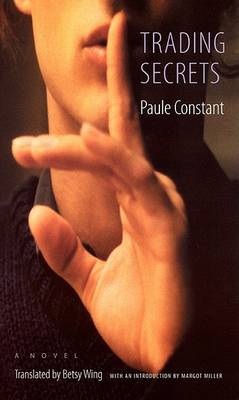European Women Writers
4 total works
Selling what no one wants or needs, Victor takes delivery of a barrel of mysterious powder promptly christened “white spirit” for its ability to bleach the black arms of the workers handling the shipment. To become whiter and worthier of love, Lola buys some—and then the rest vanishes. In this nightmarish Africa where colonized and colonizers have each other in a stranglehold, the "white spirit" unleashes an obsession that merges whiteness with a return to paradise—an obsession that can only end in catastrophe. Through it all, with her characteristic caustic language, fierce irony, and enormous tenderness for human frailty, Constant portrays the ridiculous without ridicule—and, miraculously, sparks a light of hope in the midst of the torment and suffering.
Chrétienne’s disarmingly clear view of the adults with whom she lives—her pious parents and the notorious convicts in their charge—is both hilarious and harrowing. Her parents, driven by their desire for sainthood, subject Chrétienne and the prisoners alike to inhuman rigors and coldness. Denied it by her family, the child finds human contact among the convicts, especially the Chinese murderer Tang. Pervading all is the grotesque yet fascinating atmosphere of the penal colony and its colonial setting—an atmosphere that we discover through the alert, inquisitive consciousness of a young girl. Constant’s portrayal of Chrétienne and her frightening life in the penal colony is unforgettable—the work of a major literary, and satiric, talent.
The Governor’s Daughter is one of the most acclaimed French novels of recent years.
Based loosely on Constant’s own experiences, Private Property is at once deeply moving and intellectually exacting, an exploration of identity, home, and the tenuous relationship between mothers and daughters.



